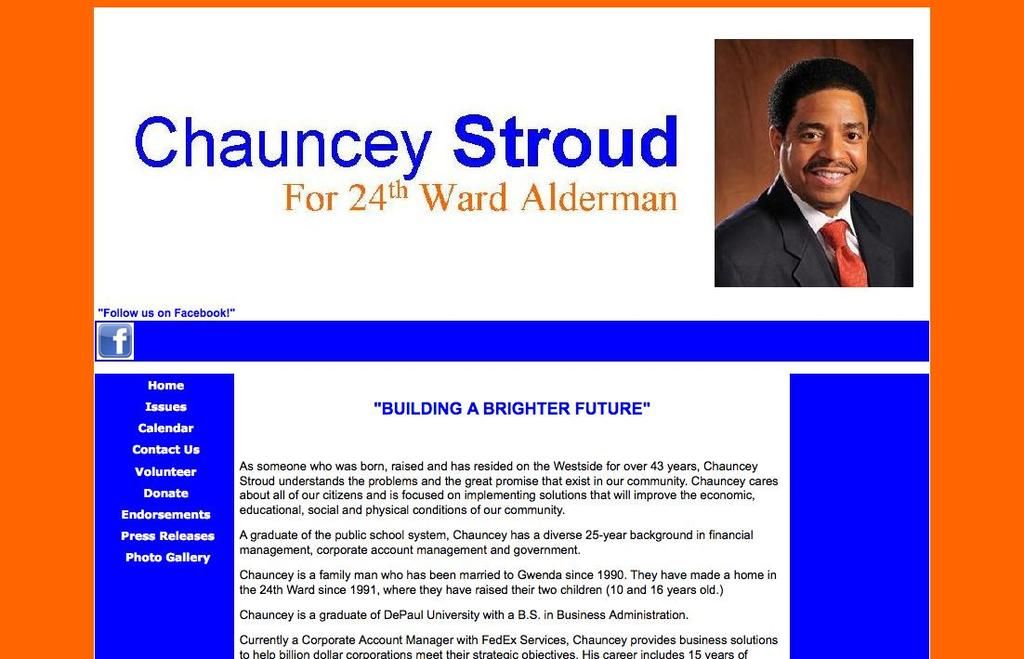Commercial Tax: CDU and Greens Tackle Local Tax Havens in NRW
Conservative Party (CDU) and Greens call for measures against corporate tax evasion - Coalition Demands Action on Corporate Tax Evasion in Manufacturing Sector
Wanting to put a stop to local tax havens, the governing CDU and Greens coalition in North Rhine-Westphalia (NRW) are pushing for increased commercial tax rates. A motion proposing this change will soon be presented to the state parliament. At the federal level, Union and SPD have agreed to raise the minimum rate from the current 200 to 280 percent, as outlined in their coalition agreement.
The commercial tax is a crucial source of income for cities and municipalities. The average rate in NRW municipalities hovers around 450 percent, with some reaching as high as 700 percent, except for a few outliers: Monheim and neighboring Leverkusen, which have a comparatively low rate of 250 percent.
Combating tax fraud
Both parties in NRW had agreed, upon assuming office in 2022, to tackle existing commercial tax havens in municipalities by implementing regulations in the municipal finance law that would discourage these tax haven scenarios. The state's financial administration will also aid municipalities in identifying the actual locations of businesses. The newly established NRW state authority for combating financial crime has already focused on rooting out tax fraud associated with fake seats in commercial tax havens.
Disparities in revenue collection
Strikingly, particularly high commercial tax revenues are collected in commercial tax havens compared to neighboring municipalities, despite the lower rate. This practice, known as "commercial tax dumping," prevalent in a few NRW municipalities, is not only inequitable to neighboring municipalities but also encourages fake letterbox company seats.
Protecting vulnerable municipalities
Municipalities on a consolidation path, which have had to raise their rates accordingly, are particularly at risk of losing revenue due to aggressive tax competition and commercial tax havens. CDU and Greens argue that state regulations are necessary to safeguard these municipalities from tax revenue losses caused by commercial tax havens.
Risks show financial struggle
"A race to the bottom on commercial tax rates is a futile cycle," commented the managing director of the Association of Cities and Municipalities in NRW, Christof Sommer, upon request. "Communities undermine each other's finances, and there are only losers."
The Association of Towns and Municipalities in NRW had previously urged the state government to address unfair commercial tax competition and advocate for comprehensive measures at the federal level. Financial and justice authorities in the state should support municipalities in combating illegal tax avoidance.
Insights:
- Federal Government's Trade Tax Reform: The black-red federal government, in its coalition agreement, has agreed to increase the minimum trade tax rate from 7% to 9.8%[1].
- NRW's Economic Challenges: Germany, including NRW, has faced economic challenges such as high production costs and global trade tensions, prompting various measures to boost competitiveness[2].
- The commercial tax, a significant source of income for cities and municipalities, has been a point of focus in North Rhine-Westphalia (NRW) due to the presence of local tax havens.
- In an attempt to combat these tax havens, the CDU and Greens coalition in NRW are proposing increased commercial tax rates and have agreed to implement regulations in the municipal finance law.
- The federal government, through its trade tax reform, is planning to increase the minimum trade tax rate, aiming to address tax avoidance and promote fair competition among industries and businesses in finance, politics, general-news, and the economy.







